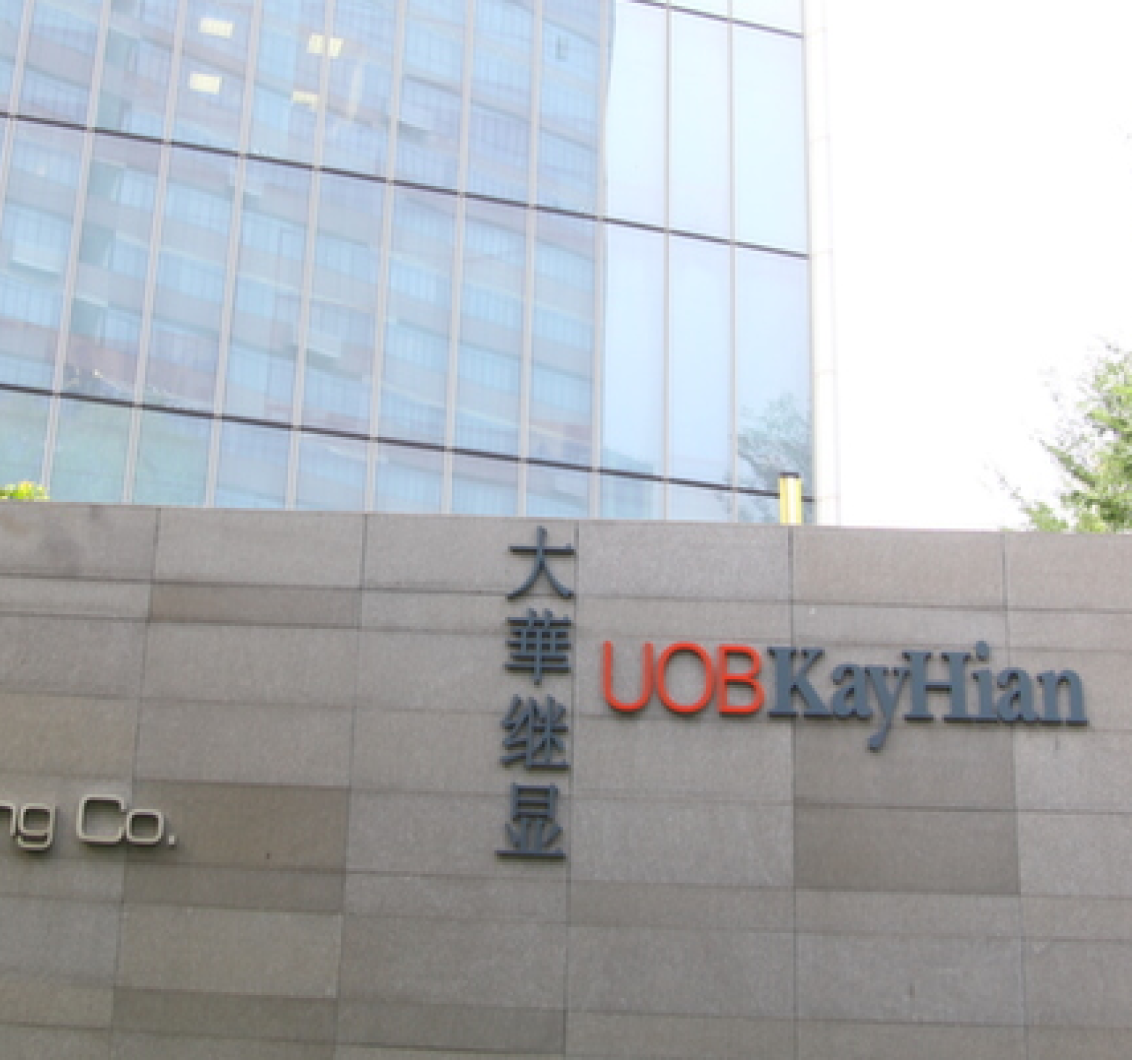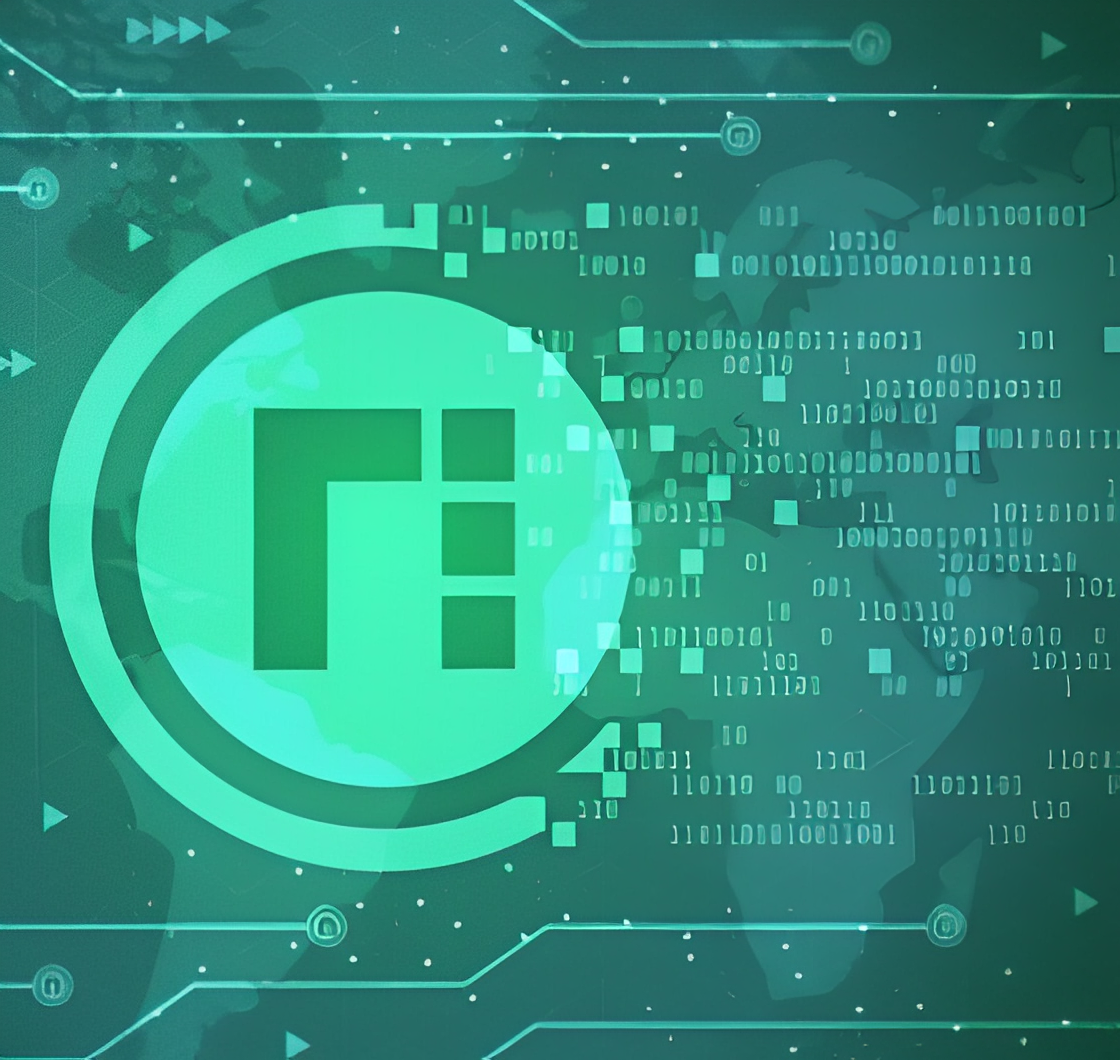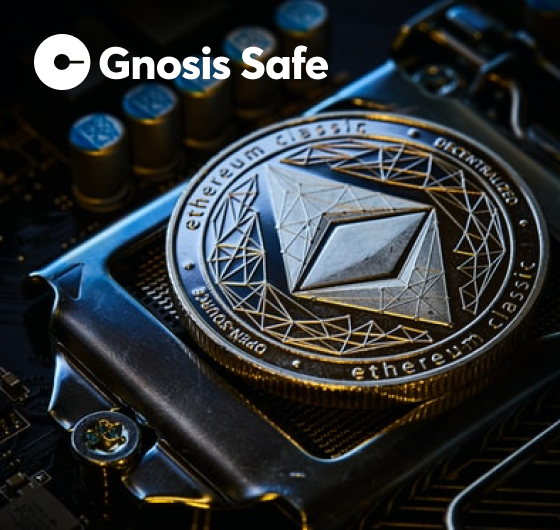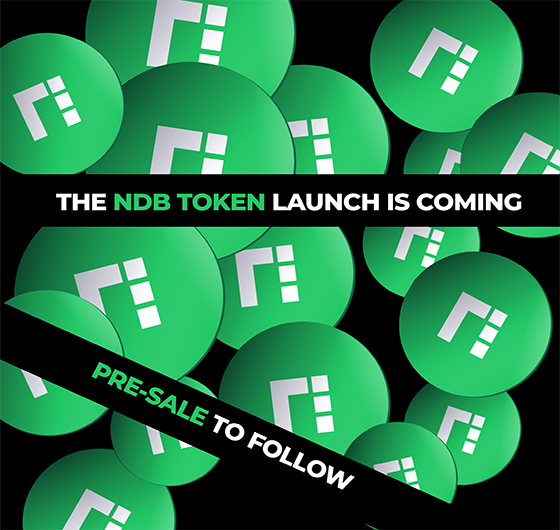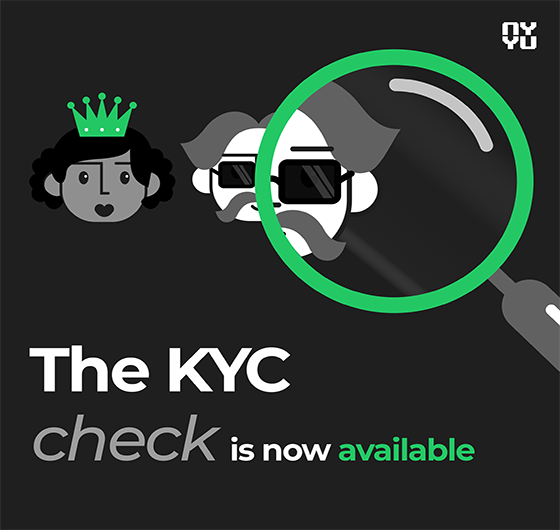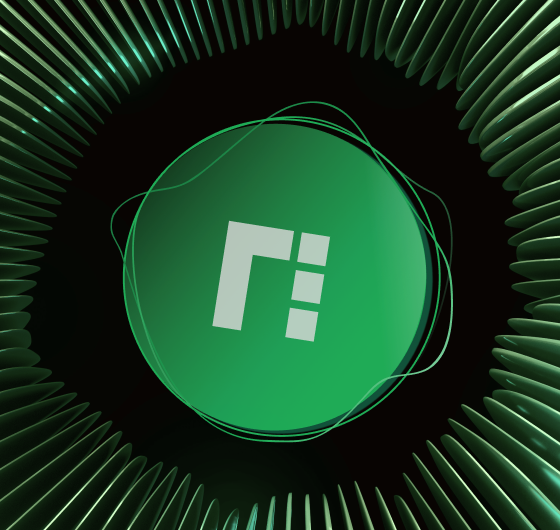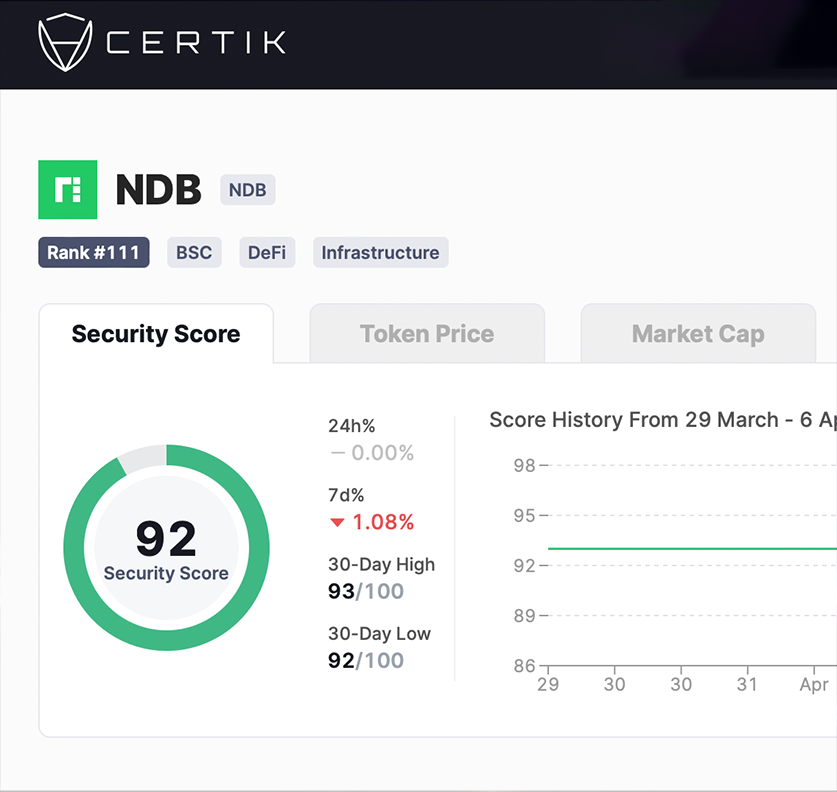News & Events
open Innovations 2.0
Online & Offline Forum, Technopark Skolkovo, Russia
December 7th, 2021
Basics
Tokenpedia
Cryptocurrency is a virtual currency secured by cryptography.
Blockchain is a network system among computers.
The majority of the cryptocurrencies are decentralized by blockchain technology.
The blockchain has a record-keeping system that allows cryptocurrencies to be decentralized.
As merit, cryptocurrencies can not be controlled or manipulated by a centralized person or government.
In a blockchain system, all transactions are verified by a network of thousands of computers called miners.
Cryptocurrencies allow you to pay online using virtual tokens in a safe and decentralized manner.
Cryptocurrencies, together with blockchain technology, have significant potential.
This potential ranges from finance to voting systems.
Additionally, cryptocurrencies transaction costs are much lower than traditional currencies.
To buy cryptocurrencies, you need an online wallet application.
You can create an account on the application to receive and hold a cryptocurrency.
Money is a durable, divisible, portable, fungible medium of exchange.
Because cryptocurrencies have these properties, they are considered money.
Moreover, as the cryptocurrency supply is limited, like gold or silver, it is not FIAT but real money.
The users are individuals or legal entities who submit transactions into the blockchain network for validation and process.
The equivalent banking operation is the use of online banking to send money.
However, the main difference is the absence of centralized authority.
Suppose a wallet ID or file is lost without having backups, then, unfortunately, the coins are lost forever.
The blockchain system protects cryptocurrencies.
The blockchain network is significantly extended. It is much easier and cost-efficient to follow the protocols than hacking the system.
Since cryptocurrencies are growing fast, buying and holding them is a reasonable way of earning — cryptocurrencies' value increases in the overall trend.
The legal status of cryptocurrencies varies from state to state. Yet, the majority of countries accept cryptocurrencies as a legal system.
A taxpayer is required to report their value transactions on their tax returns.
Our token faqs
Our token faqs
Question
We choose the dual token system to bring more value to our ecosystem.
With this method, we want to provide our participants with more accurate measurements by utilizing our services and products from their customer's perspectives as the validators.
The dual Token environment is composed of the NDB and Watt tokens.
By combining the dual system, the opportunity for our products is cemented into the development of new energy cycles because of the market share of participants using the energy tracking and trading system.
Watt token is a driving force of most applications of the NDB Ecosystem.
This utility token is a live payment instrument for the energy produced.
You can pay as you consume and earn tokens by selling the energy back to the grid.
You will be able to unblock, for example, NDB Volta's energy and use your products, almost in the same way you are paying your utility bills.
Watt is initially minted with BEP-20 on the Binance Smart Chain network (Watt I).
Watt token is a variable supply, burnable, and mintable.
We plan to build our blockchain to target millions of transactions per second at a modest transaction fee.
Once our blockchain is ready, the holders of Watt I will swap their tokens to Watt II at a 10% discount.
The NDB token is created in the IBEP-20 protocol using Binance Smart Chain (BSC) Network.
Any individual or institution willing to be part of our ecosystem should purchase NDB tokens.
NDB tokens can be swapped with Watt tokens at a discounted rate of 10%.
The NDB token provides access to the Ecosystem and allows the acquisition of some of its utilities, such as NFTs in NDB City, Nyyu, and Charenji.
You will be able to change, interact, and transform your NDB token in the open market or in our ecosystem by staking inside a Pool.
By staking NDB token, the user will contribute to the network and the entity who owns the Pool, thus demonstrating a willingness to access the future products or services that the entity may create with us.
By staking NDB tokens on the different pools, the stakers can earn Watt tokens.
As the ecosystem grows, more features will be announced, guaranteeing a dvantages on-chain and off-chain for the user's interaction with specific Pools.
In the NDB blockchain, the NDB tokens are parked in the pool to receive Watt Tokens.
The user can access pools via the Nyyu.
NDB blockchain has multiple pools. The pools range from NDB City to partners or licensees who enter into a commercial relationship with us.
A reliable operator manages each public or private stake pool of NDB tokens. The operator can be NDB, an individual, or a business.
A stake pool is a network node with a public address that stakers can contribute to and receive rewards.
Being part of a pool will give you access to unique private benefits or Watt Tokens for your Smart Energy subscription and products.
Stake pools can be created to support projects that benefit technology development and the NDB token holders.
The pool's participants will get a reward proportionally to their staked amount for each transaction.
Both tokens are interconnected and can be exchanged against one another, either provide access to the NDB Ecosystem's wealth.
When you stake NDB tokens, there is the possibility of earning NDB or Watt tokens.
NDB Hub sits at the center of the NDB Ecosystem. It is ultimately responsible for its success.
It is the governing body that oversees its day-to-day operations and the development of its programs, projects, and features.
The NDB Hub is responsible for running the NDB Blockchain and administering the tokens and smart contracts that it issues – in line with this Whitepaper and its other defining documents and specifications.
The NDB Hub aims to support innovation towards an efficient and effective generation, trade, and management of energy.
First, you can buy the tokens.
You can earn NDB or Watt tokens based on their staked value inside one of the many pools.
You can earn Watt tokens for the unused energy sent to the grid when the device is inactive.
No, you can not.
You must go through the KYC/AML process and accept the term of use to utilize all the benefits from the ecosystem.
NDB token is using the BEP-20 protocol from the Binance Smart Chain network.
Watt token is initially minted based on BEP-20 on the Binance Smart Chain network (Watt I). However, we plan to build on our blockchain to target millions of transactions per second at a modest transaction fee.
